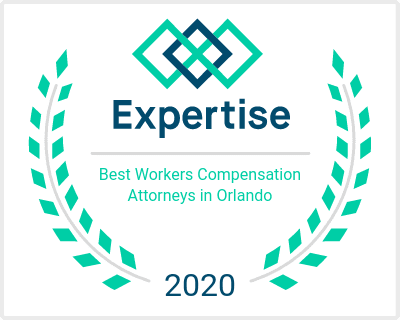The Social Security disability process can be fraught with complications and delays. An individual may obtain new medical information after the claims process is underway, requiring the person to file that information and the Social Security Administration to take the time to consider the documentation’s impact on the claim itself. Additionally, many initial claims are denied, meaning that success, if obtainable, can only be reached on appeal. All of this time and effort can leave an individual with a serious medical condition with significant financial challenges.
Fortunately, the SSA has what are known as “compassionate allowances.” Compassionate allowances are benefits paid to individuals who are obviously disabled. These claims are processed much quicker than other claims, providing speedy financial relief to those in desperate need. Typically, compassionate allowances are only paid out to those suffering from disabilities that, with easily obtainable information, satisfy the SAA’s requirements to be deemed disabled.
There are many medical conditions that may qualify one for a compassionate allowance. The most common disabilities are rare diseases, traumatic brain injury, cancer, stroke, Alzheimer’s, autoimmune diseases, schizophrenia and cardiovascular diseases. Those who are suffering from any of these medical conditions may want to consider a compassionate allowance as a way to quicken their claim and, hopefully, recover benefits in a hastier fashion.
Seeking out SSD benefits can be tough and, quite frankly, confusing. Merely trying to figure out how one qualifies for these benefits can be a struggle, and navigating the process can be cumbersome. Yet, not knowing important facts, failing to put forth convincing evidence, and improperly maneuvering through the SAA’s system can lead to a denied claim and more financial hardship. For this reason, many Floridians find it beneficial to work with a legal professional when seeking out the benefits to which they may be entitled.
Source: Social Security Administration, “Compassionate Allowances,” accessed on Aug. 1, 2016







